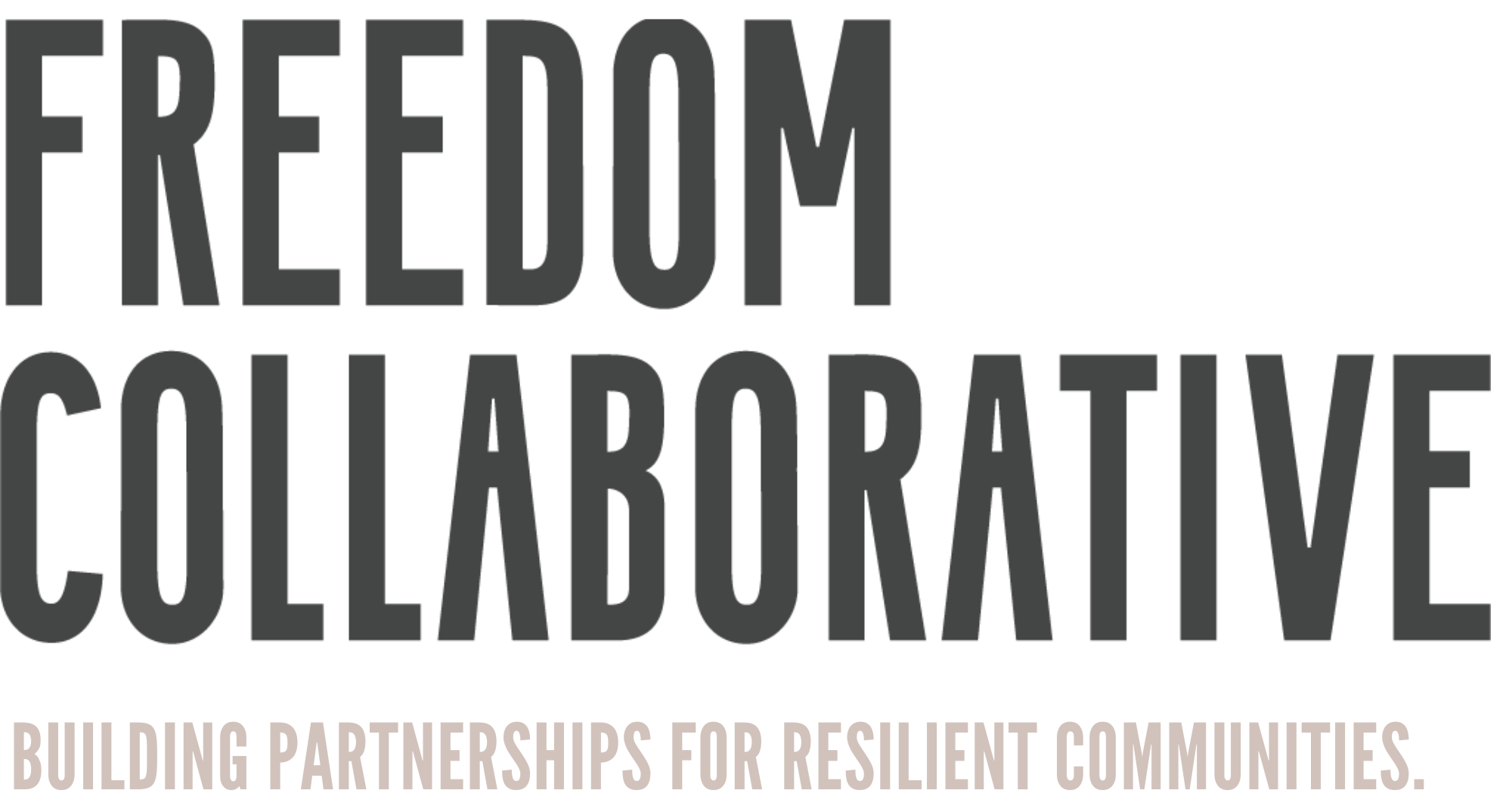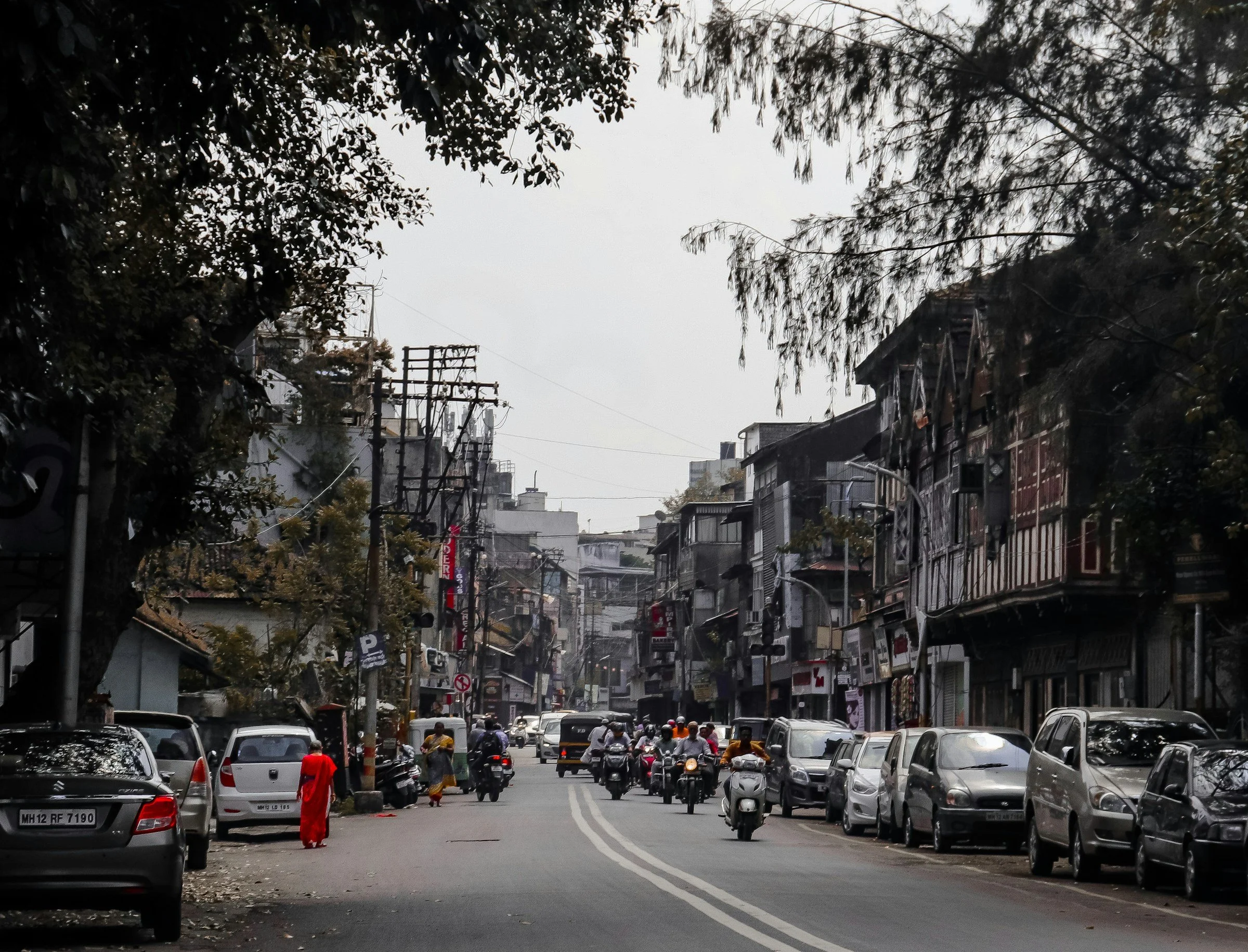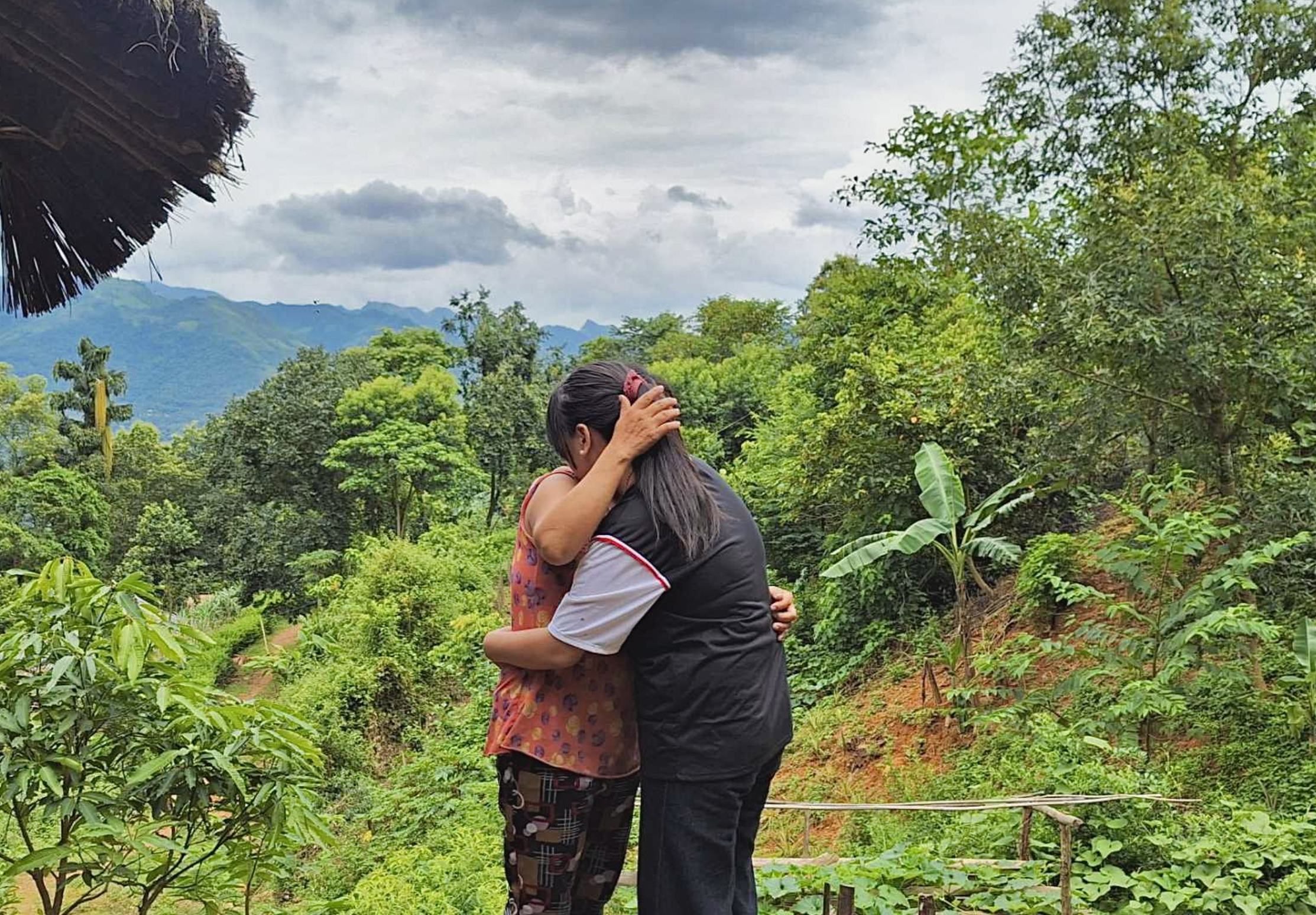UK Sanctions and International Law Enforcement Operation Target Trafficking for Forced Criminality in Southeast Asia
This month saw two international initiatives to address trafficking for forced criminality – targeted sanctions from the UK government and an international law enforcement operation organized by INTERPOL.
The UK government announced in December sanctions against a number of Southeast Asian perpetrators of human trafficking for forced criminality. The sanction packages, which include asset freezes and travel bans, target nine individuals and five entities linked to the operation of so-called 'scam farms' in Cambodia, Laos and Myanmar, whereby criminal gangs lure young professionals using fake job adverts for IT or customer service positions, and then force them to perform online criminal activities such as romance scams or cryptocurrency investment fraud. Importantly, the list of sanctioned individuals includes Zhao Wei, a Chinese citizen (who was sanctioned by the U.S. in 2018), his organization, the Zhao Wei Transnational Criminal Organization, which operates casinos and scam farms in the Golden Triangle Special Economic Zone in Laos, and a number of his associates. Also sanctioned are a Chinese national suspected of running online scams in Myanmar, two Army officers from Myanmar, and two Cambodian casino owners.
This use of sanctions to specifically target human traffickers represents a positive new development, as it is the first time that it has been done in a concerted way. As mentioned in a recent newsletter, sanctions are a time-efficient and cost-effective alternative to litigation, as they require a lower burden of proof. However, as a recent report, Global Sanctions – Can They Fight Transnational Organised Crimes Fuelled by Human Trafficking has detailed, although it represents a “potentially powerful and effective tool”, this type of action to curtail the operations of traffickers is under-used. It also remains premature to assess what tangible impact these UK sanctions have had, and while innovative, such sanctions may not act as an immediate deterrent.
Also this month, INTERPOL announced the success of Operation Storm Makers II, which mobilized law enforcement agencies in 27 countries across Asia and other regions to specifically target human trafficking-fueled fraud, resulting in 281 arrests and the rescue of 149 victims. Official reports have stated that this human rights abuse is a growing problem worldwide. The United Nations Office on Drugs and Crime (UNODC) 2022 Global Report on Trafficking in Persons reported that trafficking in persons for the purpose of committing criminal offences stands at ten percent of all trafficking cases. According to the United Nations, up to 100,000 people are being forced to work illegally in Cambodia, and 120,000 in Myanmar. The UN also reports that those falling victim to this type of trafficking come from 40 different countries, predominately across Asia, but also from Africa, the Middle East and South America.
One major concern is that law enforcement agencies are failing to identify people forced to work in scam farms as victims of human trafficking, instead prosecuting them for being involved in illegal activities or visa violations. Local NGOs report that authorities recognising victims as such is critically important in order for them to become eligible for support services, yet there is reluctance amongst officials due to concerns that such an action would raise serious questions as to how such a large amount of people could be trafficked across the border and also that it might have a negative impact on TIP report rankings. As highlighted last year, there remains an urgent need for better co-ordination between government agencies, NGOs, and international organizations in order to assist victims and empower anti-trafficking agents to intervene.
However, there are encouraging reports that international and grassroots organizations are successfully collaborating on interventions on the ground. Another example is how awareness of fraudulent job offers related to forced online scamming has been raised with potential victims in the countries of origin. Innovative media initiatives have included the strategic positioning of poster adverts in airports in places where traffickers are known to be currently recruiting, warning job seekers not to travel as the jobs are fake. Organizations, collaboratively, were also able to raise increasing awareness of the issue and share information with journalism investigations, such as this recent New York Times article.
Share your news
Post your experiences from the field and initiatives to feature





